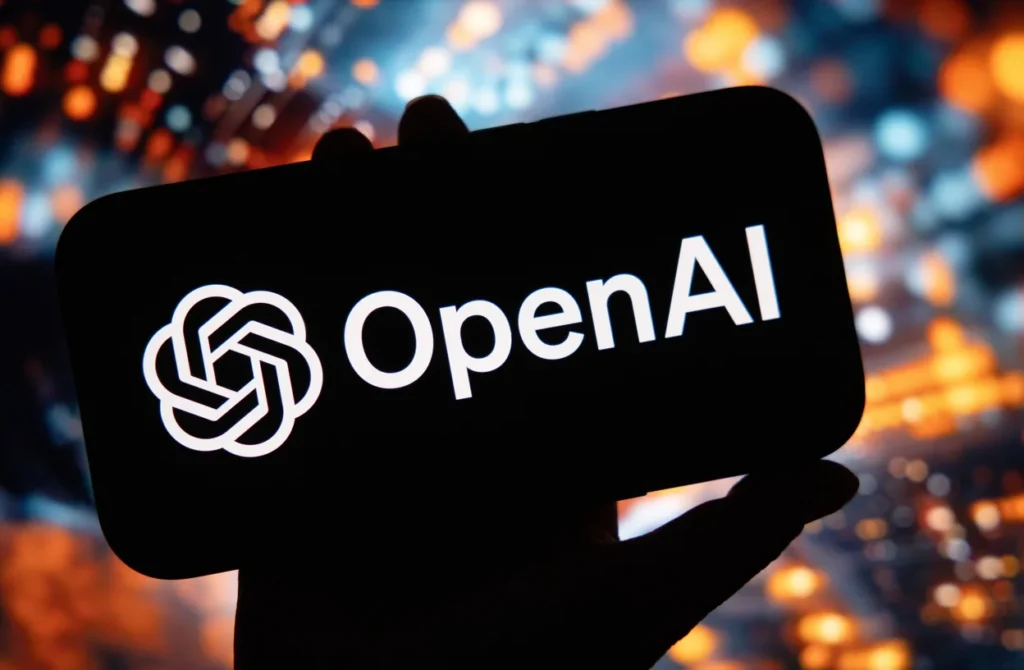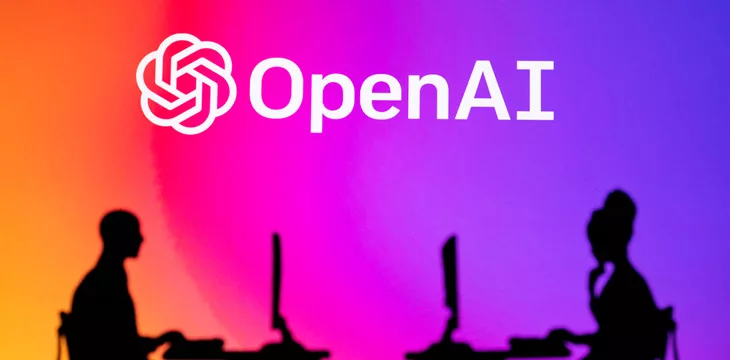OpenAI, a leader in the field of artificial intelligence (AI), is taking important steps to ensure the responsible deployment of AI technologies. With the growing influence of AI, OpenAI’s preparedness is vital to minimizing risks and ensuring the safety of its innovations. In this article, we will explore OpenAI’s preparedness strategies, focusing on its OpenAI Preparedness Framework, the OpenAI Preparedness Team, and the implementation of a responsible AI policy. We’ll also delve into how these initiatives are shaping the future of AI development, ensuring it benefits society while managing potential risks.
What is OpenAI’s Preparedness Framework?

The OpenAI Preparedness Framework is a comprehensive strategy designed to address potential challenges and ethical concerns associated with the development and deployment of AI. As AI systems become increasingly complex, it is crucial that companies like OpenAI ensure they are prepared for all possible scenarios, including those that could pose risks to privacy, security, and societal well-being.
The framework is structured to provide a holistic approach to AI preparedness, ensuring that all levels of AI development and implementation are aligned with ethical standards and safety protocols.
Key Elements of the Preparedness Framework:
- Risk Management: Identifying and mitigating potential risks associated with AI deployment.
- Security Measures: Ensuring AI systems are secure against external threats.
- Transparency: Providing clear communication about AI’s capabilities and limitations.
- Ethical Guidelines: Establishing ethical guidelines that govern AI use.
The Role of OpenAI Preparedness Team

The OpenAI Preparedness Team plays a critical role in the development and execution of these strategies. Comprising experts in AI, ethics, security, and policy, the team is responsible for guiding OpenAI’s efforts to make sure its products meet high standards of safety and responsibility.
This cross-disciplinary team works on the front lines, assessing the potential impacts of new AI technologies, crafting solutions to mitigate negative effects, and ensuring that OpenAI’s innovations are aligned with societal values.
Responsibilities of the OpenAI Preparedness Team:
- Risk Assessment: Evaluating risks associated with AI technologies.
- Policy Development: Creating policies for responsible AI use and deployment.
- Collaboration: Partnering with external stakeholders, including governments and NGOs, to ensure AI’s responsible development.
OpenAI’s Responsible AI Policy
One of the pillars of OpenAI’s preparedness strategy is its responsible AI policy. This policy serves as a guiding document for the company’s approach to building AI technologies that are not only effective but also safe, ethical, and beneficial to society.
Key Principles of OpenAI’s Responsible AI Policy:
- Accountability: Developers must take responsibility for the decisions and impacts of AI systems.
- Fairness: AI systems must be designed to treat all users equitably, without bias or discrimination.
- Privacy Protection: Ensuring user data is protected and not exploited.
- Transparency: Making it clear how AI systems work and what data they use.
Key Features of the OpenAI Preparedness Framework
To better understand how OpenAI is preparing for the future of AI, let’s break down some of the key features of the OpenAI Preparedness Framework.

| Feature | Description |
|---|---|
| Ethical AI Design | Focuses on designing AI systems that adhere to ethical principles, avoiding harmful impacts. |
| AI Transparency | Ensures that AI systems are explainable, so users can understand how decisions are made. |
| Continuous Monitoring | Ongoing assessment of AI systems to identify any unforeseen consequences or risks. |
| Stakeholder Engagement | Actively involves governments, researchers, and the public in AI development and policy creation. |
These features collectively contribute to a strong foundation of preparedness, allowing OpenAI to manage the rapid evolution of AI technology effectively.
Impact of OpenAI’s Preparedness Initiatives
OpenAI’s openai preparedness aiwiggerstechcrunch preparedness initiatives are making a significant impact in multiple areas of AI development. By focusing on responsible AI practices, OpenAI is paving the way for a future where AI technologies are beneficial, ethical, and safe.
Benefits of OpenAI’s Preparedness:
- Enhanced Trust: OpenAI’s preparedness efforts help build trust among users, businesses, and policymakers. With clear ethical guidelines and a commitment to responsible AI, OpenAI positions itself as a leader in ethical AI development.
- Minimized Risk: Through proactive risk management, OpenAI mitigates the possibility of AI causing unintended harm or disruption to society.
- Global Leadership: OpenAI’s preparedness strategies set a global example for other AI developers, encouraging widespread adoption of ethical AI practices.
Conclusion
OpenAI’s openai preparedness aiwiggerstechcrunch preparedness efforts are central to the future of artificial intelligence. Through the OpenAI Preparedness Framework, the OpenAI Preparedness Team, and the responsible AI policy, OpenAI is making significant strides in ensuring that AI technologies are developed in a way that benefits society while minimizing risks. As the field of AI continues to evolve, these initiatives will help set the standard for ethical and responsible AI development, positioning OpenAI as a leader in shaping the future of AI technology.
Read Also: Trinity Morisette Age, Real Name, Age, Height, Parents, and Net Worth
FAQs
1. What is OpenAI’s preparedness framework?
The OpenAI Preparedness Framework is a comprehensive strategy designed to address potential risks and ethical concerns in AI development. It includes measures for risk management, security, transparency, and ethical AI design.
2. What is the role of the OpenAI Preparedness Team?
The OpenAI Preparedness Team is responsible for overseeing risk assessments, policy development, and ensuring that AI technologies are developed in a safe and responsible manner.
3. How does OpenAI implement responsible AI practices?
OpenAI’s responsible AI policy involves creating AI systems that prioritize fairness, transparency, privacy protection, and accountability. It ensures that AI technologies are used in a way that benefits society and minimizes potential harm.
4. Why is OpenAI’s preparedness important?
As AI systems become more advanced, it’s crucial to have strategies in place to address any ethical, security, or societal issues that may arise. OpenAI’s preparedness ensures that AI development is safe, transparent, and aligned with ethical guidelines.
5. How does OpenAI collaborate with external stakeholders?
OpenAI works closely with governments, NGOs, academic institutions, and other organizations to ensure that AI development follows best practices and aligns with societal values.



